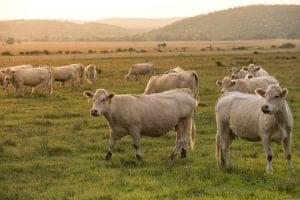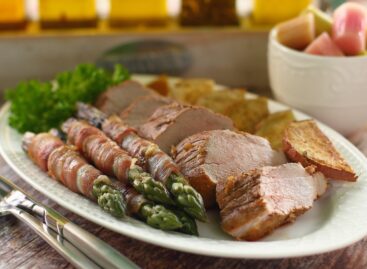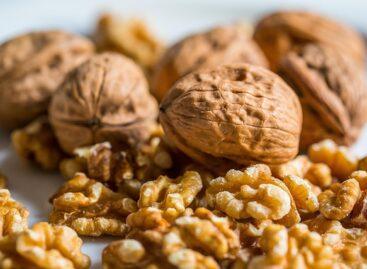Brussels’ proposals will result in a reduction in European agricultural production
The new rules planned to be imposed on the operation of medium-sized animal farms are a difficulty for the livestock sector, and the reduction of pesticide use by half, similar to the lawnmower principle, is a difficulty for the plant growing sector, said State Secretary for Agriculture and Rural Development Zsolt Feldman after the meeting of agriculture ministers in Brussels.

(Photo: Pixabay)
Zsolt Feldman reminded that at the meeting of the Agriculture and Fisheries Council on September 26, the EU agriculture ministers discussed two proposals from the commission that adversely affect both animal husbandry and the plant growing sector in Europe. He explained that there is no question about the importance of more environmentally sustainable agricultural production , at the same time ideologically based and unprofessional Brussels proposals are made for agriculture that threaten the foundations of the EU’s food supply. He added that in the case of animal husbandry, it is recommended to extend the environmental emission rules defined for large farms to medium-sized livestock farms operating mainly within the framework of family farms, with more than 150 livestock units, including the cattle sector. The measure would thus already affect more than 1,900 pig and poultry farms and 880 cattle farms in Hungary. The current regulation, on the other hand, affects only 600 pig and poultry farms, and does not even apply to the cattle sector. The expected environmental results of the planned regulation are much smaller than the disadvantages caused by its economic consequences and the increase in administrative burdens for livestock keepers and animal product production. We cannot forget that this sector is in the biggest trouble due to the increased feed and energy prices – emphasized Zsolt Feldman, who heads the Hungarian delegation. The state secretary said that Western European trends aimed at reducing and making meat consumption impossible cannot provide a basis for an ideological campaign against European animal farmers.
That’s the problem with suggestions
He highlighted that the Commission’s proposal for a 50% reduction in the use of plant protection products, similar to the lawnmower principle, does not take into account the professional aspects of agricultural production, the preservation of European food production potential, nor does it take into account the different starting points of the member states and the reduction results achieved so far. It would make the cultivation of basic agricultural crops impossible, which would lead to a decrease in production and thus to an increase in imports produced in third countries that are much more polluting. The Commission is doing all this without having thoroughly examined the economic and food security consequences of the proposal, which would be particularly painful – emphasized Zsolt Feldman. It is beyond dispute that, in the current food security and inflationary situation, the aim should be neither to further increase production costs nor to reduce production, concluded the state secretary.
A.M
Related news
The 8th Meat Industry Professional Day will be held on Shrove Tuesday
🎧 Hallgasd a cikket: Lejátszás Szünet Folytatás Leállítás Nyelv: Auto…
Read more >Related news
II. Green Gastronomy – Marketing Communication Workshop organized by the MMSZ HoReCa and Green Section
🎧 Hallgasd a cikket: Lejátszás Szünet Folytatás Leállítás Nyelv: Auto…
Read more >Retail sales of organic products in Hungary increased by 13.9% – our country is the second fastest growing market in the European Union
🎧 Hallgasd a cikket: Lejátszás Szünet Folytatás Leállítás Nyelv: Auto…
Read more >Nearly 140 domestic suppliers, 60% growth – SPAR Regions Treasures program accelerates with AI solutions
🎧 Hallgasd a cikket: Lejátszás Szünet Folytatás Leállítás Nyelv: Auto…
Read more >









